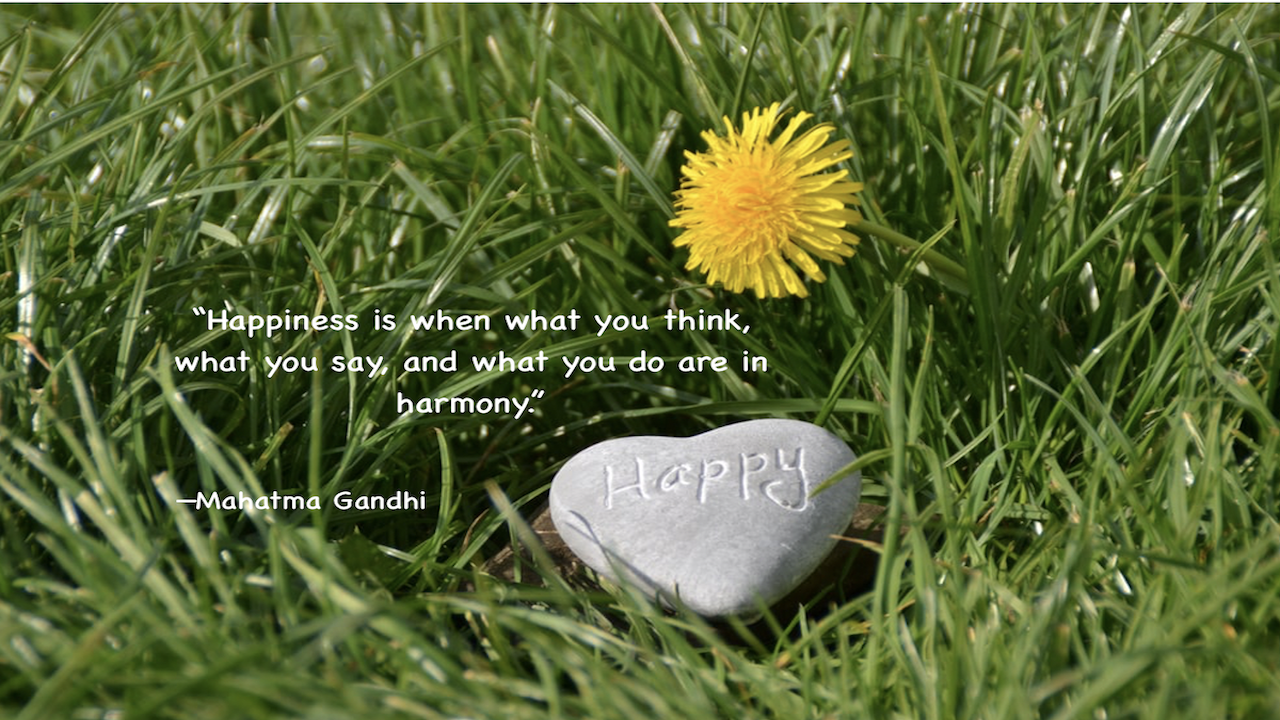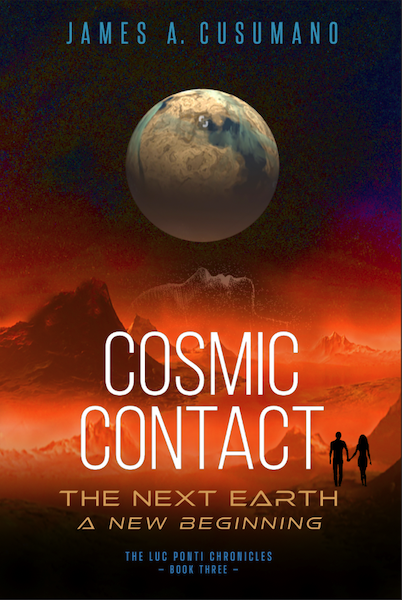The Pursuit of Happiness

In the 1776 Declaration of Independence, Thomas Jefferson, its principle author and the third president of the US, argued there are three unalienable rights of all citizens—"Life, Liberty, and the Pursuit of Happiness.” Over the last few decades, social scientists have begun to study the third—the Pursuit of Happiness—hoping to determine the basis for happiness.
For decades, it was thought that happiness was directly linked to economic growth—GDP. This doesn’t sync with The World Happiness Report,[1] an annual publication of the Sustainable Development Solutions Network, created with data from the Gallup World Poll and Lloyd’s Register Foundation.
For example, in the higher-income parts of the world, it appears that the greatest levels of personal satisfaction occur in countries like Finland which has mediocre levels of GDP growth. Higher-growth countries such as the US do more poorly.
The covid-19 pandemic has led to a significant reassessment as to what contributes most to our well-being? High on that list are security, community, relationships, the environment, a connection to nature, raising children stress-free for parents and children, and the most significant factor—a broad sense of equality among all people.
The report’s message to countries who seek overall success is not to blindly continue their business-as-usual strategy, driving for greater and greater values of GDP—building back just better—but to strongly integrate “happier” into the equation for their long-term strategy.
Some interesting findings in the World Happiness Report, which analyzes data for 150 nations are as follows:
- The top three countries are Finland(1), Denmark(2), and Switzerland(3). The Czech Republic ranks 18, just above the US(19).
- In countries like China and India where there has been very rapid increases in GDP and personal income, there was not a parallel increase in happiness, primarily due to perceived inequality among the population.
- Some countries like New Zealand(9) have introduced into their budgeting system, the importance of human capital, nature’s capital, and social capital in addition to financial and physical capital.
- Study after study has found people’s happiness over time closely tracked changes in inequality. When the gap between rich and poor was smaller, people tended to be more satisfied with their lives than when there was a bigger gap. In these studies overall country wealth, as measured by GDP had little effect.
- People vote for a change of government when they are unhappy.
Some social scientists believe that happiness can be learned. For example, Laurie Santos, a well-known professor of psychology at Yale University offers a free course online, The Science of Well-being.[2] It provides lessons on the mental habits that reduce our happiness and how to address them.
David Robson, who interviewed Richard Easterlin, one of the major researchers on happiness points to a quote by Easterlin.
“There have been three revolutions. Each one based upon a breakthrough and knowledge that have vastly improved people’s human condition. One is the Industrial Revolution, which improved our material living conditions, and that was based on the emergence of the natural sciences. A second was the Life Expectancy Revolution, which started a century later, as the life sciences, biology and microbiology became important. The third is the Happiness Revolution, based upon the social sciences, which will improve people’s subjective well-being—how they feel about their circumstances.[3]
Let’s hope that Easterlin is right!
Enjoy your journey! Make a difference!
Namaste,

Chairman & Owner, Chateau Mcely
I Can See Clearly: Rise Of A Supernatural Hero Book One of The Luc Ponti Chronicles
Seagull’s Revenge: Beyond Fear Book Two of The Luc Ponti Chronicles[1] World Happiness Report— https://worldhappiness.report/ . A summary of the 2021 report can be found in an article by David Robson in the January 22, 2022 issue of New Scientist, pp. 39-47.
[2] The Science of Well-being Course— https://www.coursera.org/learn/the-science-of-well-being
[3] In my opinion, I believe Easterlin is missing the Computer Revolution and perhaps, The Artificial Intelligence Revolution.

